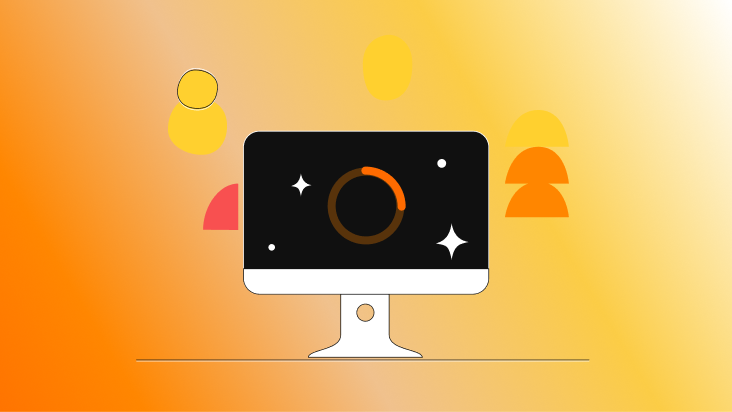These days, just being cautious online isn’t quite enough. Even the most trusted websites can face issues, and one little click can put all of your devices at risk. That’s where antivirus protection comes into play. Antivirus software is no longer just an optional layer of defense—it’s an essential tool for maintaining your internet security.
Antivirus software constantly monitors your device and scans files to uncover hidden threats. Without it, your personal information and device could be vulnerable to online threats.
What Is Malware?
Malware refers to any program or code designed to infiltrate, damage, or disrupt devices, systems, or networks. It can infect computers, smartphones, tablets, and even smart home devices. It often spreads through email attachments, infected websites, or malicious downloads, affecting people worldwide. In fact, according to Exploding Topics, there were over 6.5 billion malware attacks worldwide in 2024.
Malware can harm you in many ways, including:
- Disruption: Interfering with normal computer functioning, slowing it down, or causing crashes.
- Data theft: Stealing sensitive information like personal data, financial credentials, or intellectual property.
- Unauthorized access: Gaining control over a system or network without permission.
- Deprivation of access: Locking users out of their devices or data (as with ransomware).
- Monitoring: Secretly observing user activities, such as keystrokes or browsing habits (spyware).
- Advertising: Displaying unwanted advertisements, often in the form of pop-ups (adware).
How Does Malware Work?
Malware typically works by exploiting vulnerabilities in your device or operating system. Once it gains access, it can:
- Run in the background undetected while collecting your personal information.
- Install additional malicious software, opening your device to more threats.
- Hijack your browser or redirect you to unsafe websites.
- Encrypt your files and demand a ransom payment (ransomware).
- Utilize your device’s resources for tasks such as cryptocurrency mining or launching attacks on other systems.
Common Types of Malware
Malware comes in many forms, with the most common being:
- Viruses attach themselves to legitimate programs and replicate when those programs are run. They can delete files, slow down your system, or corrupt data.
- Worms replicate themselves without needing to attach to a host file. They often spread via networks and exploit vulnerabilities in operating systems.
- Trojans disguise themselves as legitimate software. Once installed, they can give attackers remote access to your systems.
- Ransomware encrypts your files and demands payment to unlock them. Even if you pay, there’s no guarantee your data will be restored.
- Spyware silently monitors your activity, capturing keystrokes, browsing history, and login credentials.
- Adware bombards you with unwanted ads and can redirect your browser to malicious sites. Though not always as dangerous, it compromises user experience and can lead to more serious infections.
Which Devices Are Affected by Malware?
Contrary to common belief, malware isn’t limited to PCs. Virtually any device connected to the internet can be targeted, including:
- Windows PCs and laptops
- MacOS computers (yes, Macs can get viruses too!)
- Smartphones and tablets (both Android and iOS)
- Smart TVs
- Internet of Things (IoT) devices like smart thermostats, doorbells, and home security systems
- Routers and networked storage devices
As technology changes and devices become more interconnected, the potential for malware attacks expands. That’s why having comprehensive internet security is more important than ever.
How Can I Protect Against Malware Attacks?
Reliable antivirus software like UltraAV acts as a barrier between your device and incoming threats, scanning for malware in real-time and removing it before damage can be done.
Here’s how it works:
- On-Demand Scanning – UltraAV lets you scan your device for viruses any time with just one click.
- Ransomware Protection – UltraAV automatically detects and isolates malware and ransomware threats to help keep your device secure.
- Quarantine and removal – When malware is detected, UltraAV isolates the infected file to prevent further spread, can then be safely removed
So… Is Antivirus Really Necessary?
The answer is clear: yes, antivirus software is absolutely necessary. The risk of malware is ever-present, regardless of your online activities.
An antivirus program is a crucial line of defense against the endless stream of cyber threats and safeguards your digital life.
Get Protected with UltraAV
Stay safe. Stay secure. Stay protected with UltraAV.
Download UltraAV to start protecting your devices from the latest threats today.




